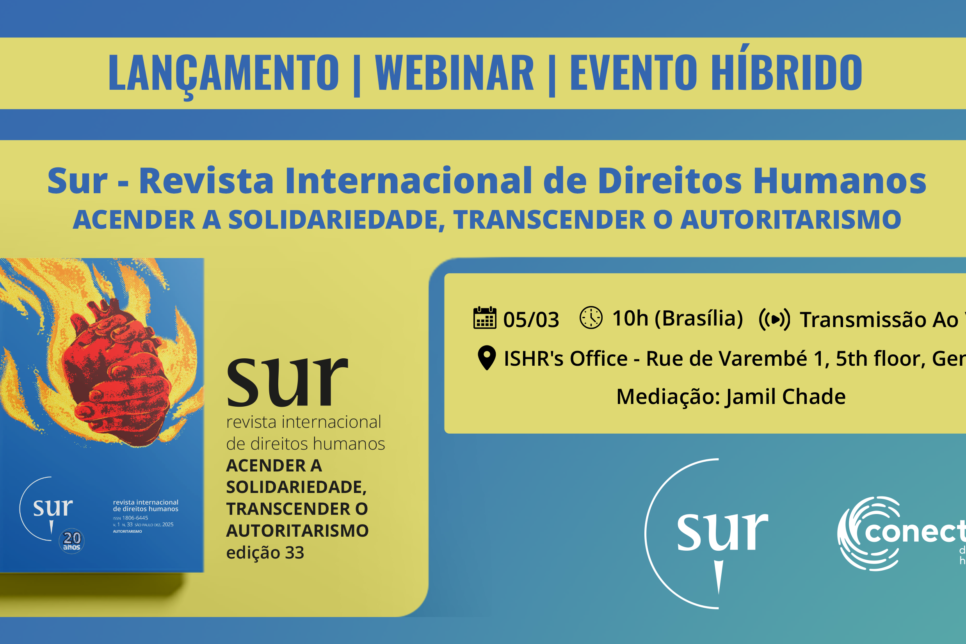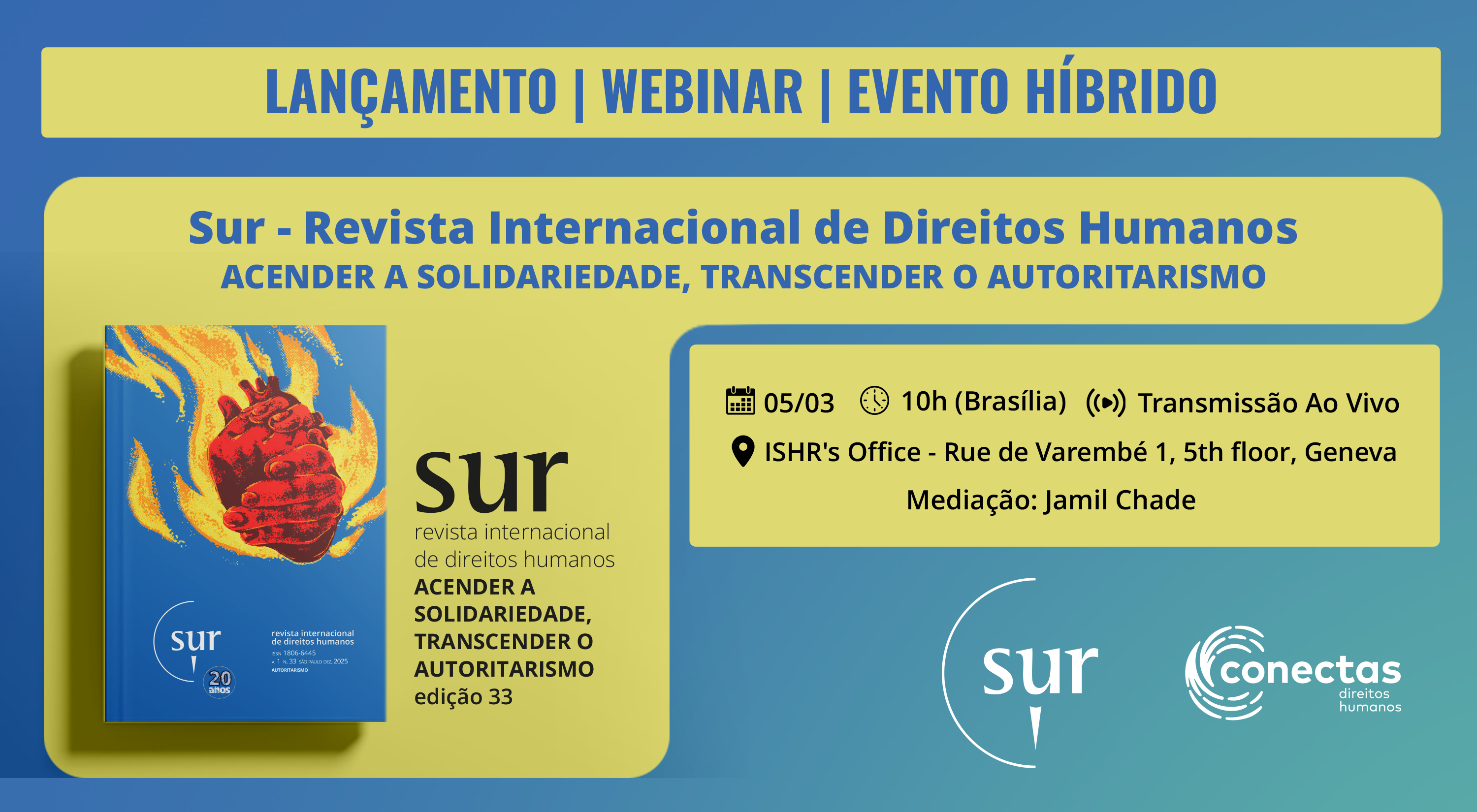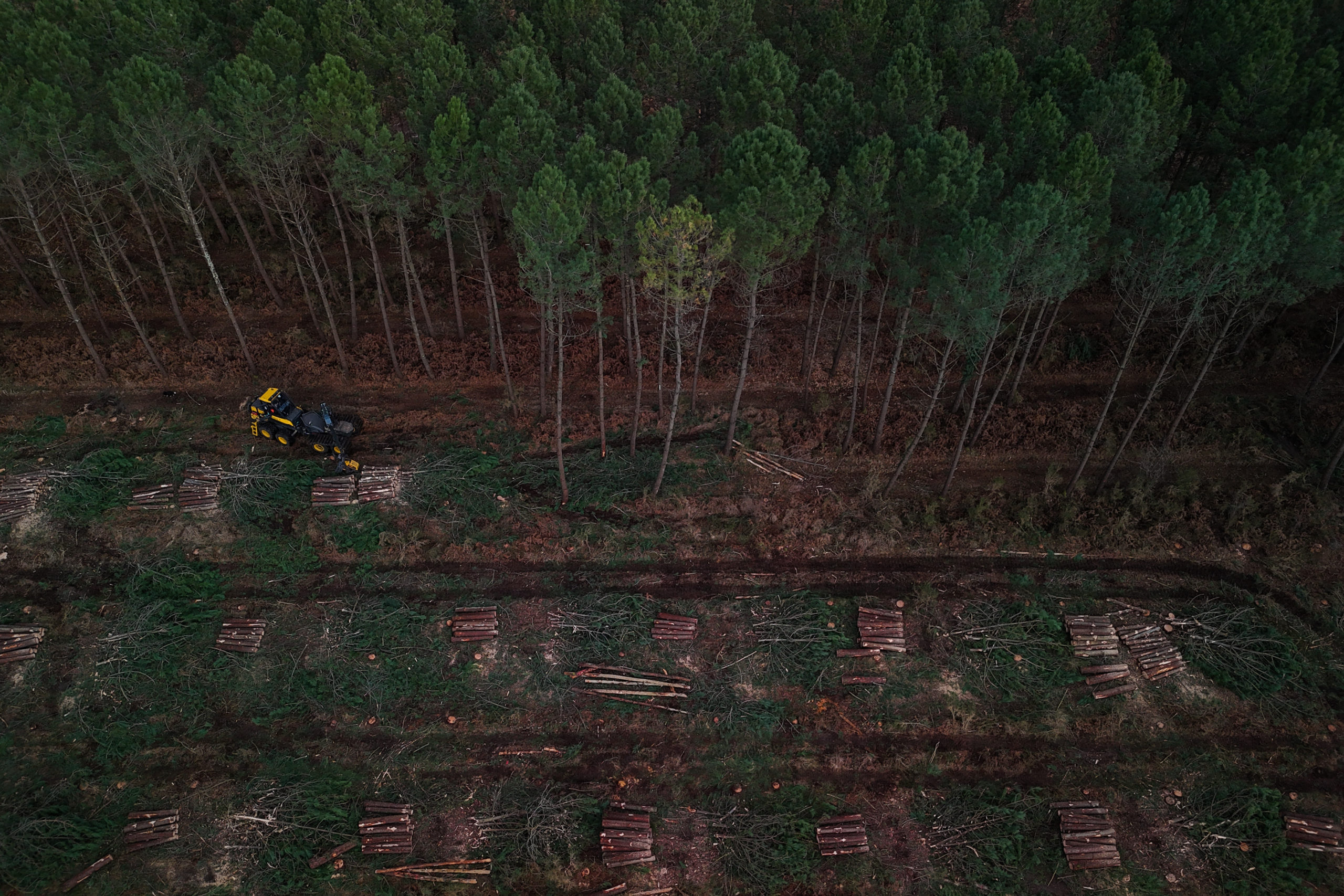Mandela’s Legacy
For African activists, the South African leader did not see South Africa overcome the social inequalities inherited from the Apartheid era

12/9/2013
South African President Jacob Zuma announced the passing of Nelson Mandela, one of the most important political leaders in history, at 4:50p.m. Brasilia time. Madiba, as he was affectionately referred to in South Africa, died in his home, in the city of Johannesburg, at age 95. It had been ten years since he had officially retired from public life.
Previously, he had led the movement to end of the Apartheid regime and governed for two terms as president between 1994 and 1999. Mandela promulgated a new constitution and put the South African economy on a more prosperous path, although it is still a long ways away from achieving the social equality that always guided his struggle.
Leia mais
The white segregationist regime lasted for nearly five decades in South Africa. Blacks were deprived of their lands and violated and subjugated by laws which classified people according to race, forbade intermarriage and forced minorities (including Coloreds and Indians) to live in certain areas of the city.
Massacres multiplied in the poorest neighborhoods. In 1969, in the town of Sharpeville, 69 people were killed by police while protesting the Pass Law, which required blacks to carry a document that defining in what neighborhoods and regions they could circulate.
Arrests of the Apartheid regime’s opponents were standard practice. After founding the Youth League of the African National Congress, a party that was banned by the regime in 1960, Mandela was imprisoned for 27 years, 18 of which were spent on Robben Island.
Economic Crossroads
Figures show the distance that still separates South Africans from human rights, particularly economic, social, and cultural rights. When Mandela became president, the Human Development Index was 0.716. Today it is only 0.629 – which puts the country at the 121st position in the world ranking.
The same regression is seen in the Gini Index, which measures inequalities between rich and poor. It rose from 0.56 in 1995 to 0.63 in 2009 (the closer the figure is to 1, the more unequal the country).
“*Unfortunately, his role and his integrity and his spirit in South Africa has been decimated as a result of the number of unfortunate developments in the failure to provide social welfare, social security, the high rates of unemployment, the dispossession of people from their land and failure to ensure equality between men and women, the level of violence, particularly domestic violence, being very high,” South African activist Urmila Bhoola, of the Masimanyane Women’s Support Center, told Conectas.
“Those are the issues that we face under the new government, and they are issues that Mandela, had he been president this day, would never have allowed to surface.”
In an interview with Conectas in May 2013, Janet Love, national director of the Legal Resources Centre and member of the South African Human Rights Commission, also spoke about the challenges facing the country post-apartheid.
“Although in general the living standard of the total population has been improved in our country, in the context of inequality the gap between people who are the most marginalized and are part of the most vulnerable communities and those who have the most in terms of power and access has widened. So what people have gained in terms of some sort of change particularly through things like social grants and the rolling out of access to things like schooling and health facilities and so on, they lose in the recognition that the benefits of transition are not flowing widely enough.”
A minority of South African activists openly critical of the former president, such as the former official of the Ministry of Development, Professor Patrick Bond, believe Mandela legitimized the status quo and, due to internal and external economic pressures, ended up replacing racial Apartheid with class Apartheid.
“Given much more extreme inequality, much lower life expectancy, much higher unemployment, much worse vulnerability to world economic fluctuations, and much more rapid ecological decay during his presidency, how much can Mandela be blamed? Was he pushed, or did he jump?”
Dedication to Human Rights
Despite the fact that South Africa is at a social crossroads, the fruit of years of Apartheid, and the decisions that were taken during the transition period, one must recognize the capacity of Mandela to hold together a country fragmented by decades of racial segregation and rebuild an economy destroyed by sanctions during this period – a feat whose profound consequences can only be seen over the years.
Moreover, his trajectory serves as an example to strengthen South African civil society, particularly organizations working with human rights.
“I remember [Mandela’s] speech at the Rivonia trial when he talked about white domination and black domination being equally problematic and encouraged people to fight against oppression in whatever form. His legacy and his history and his inspiration will always live on.”
Salih Osman, Sudanese human rights lawyer, shares this view. Mr. Osman, who has been arrested and tortured countless times, said that the memory of Mandela gives him the courage continue his work in the defense of human rights. “It is evident that there is no respect for human rights in most African countries. Human rights defenders are targeted, intimidated or even killed,” he affirms.
“All of them are inspired by Mandela’s extraordinary courage. For the world, he is a hero who even received recognition from his enemies before his friends.”
“Mandela is, in my view, an exception to the adage that violence begets violence, since he was systematically abused, humiliated and tortured during the 27 years he was imprisoned, but this physical and psychological violence generated more love, more ability to forgive and to fight peacefully against violence, “says Mozambican lawyer and human rights activist John Nhampossa.
“So it is axiomatic to assume that the understanding of human rights also includes the understanding of Mandela’s life and work and his legacy to the world.”
See here the special website about Mandela’s life prepared by South African government.
Watch other testimonies from African human rights defenders:






